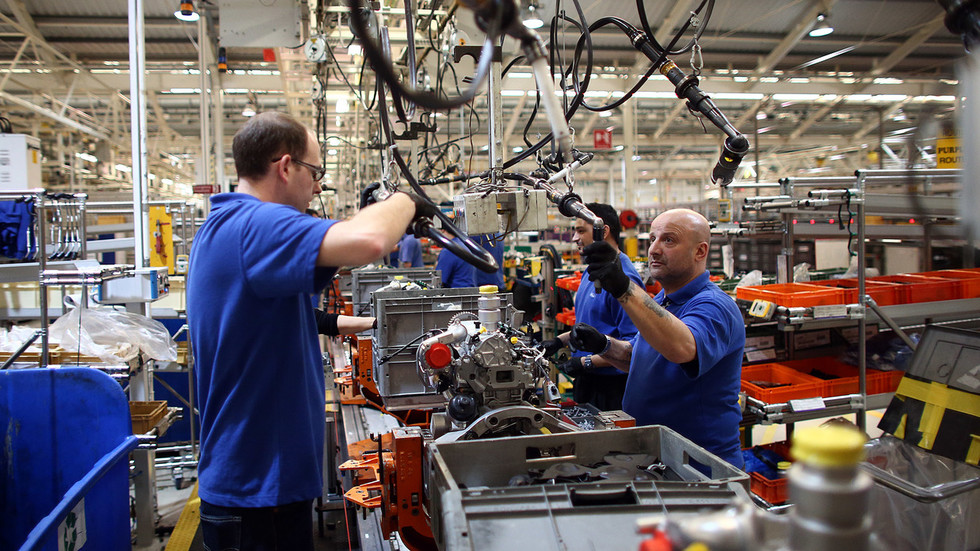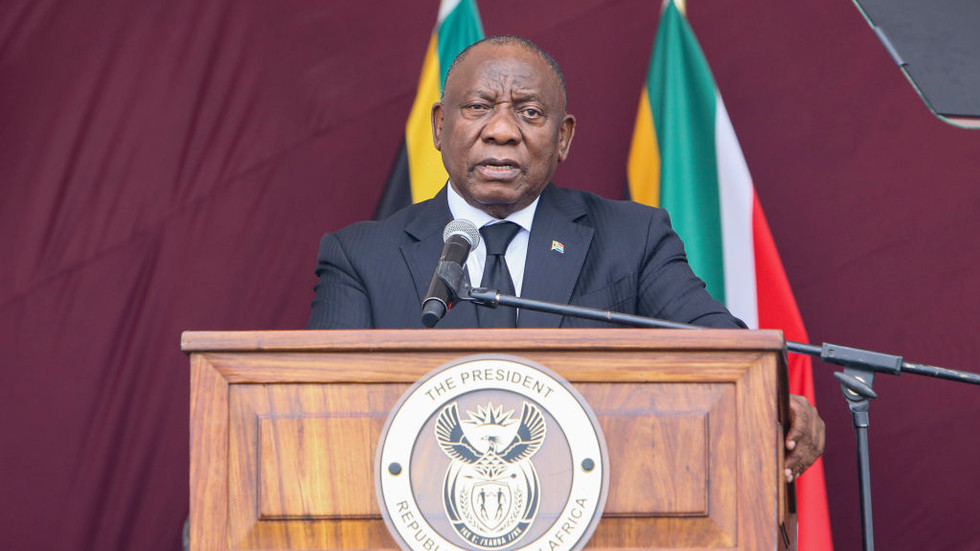German reunification may have happened way back in 1990, but to many former citizens of East Germany, the football divide still remains a sore point.
Ten German cities are hosting the men's European Championship from June 14-July 14 but only one is in the former German Democratic Republic (GDR) – Leipzig. Berlin hosts the final but the Olympiastadion is in what was West Berlin, formerly an island of capitalism surrounded by the communist East.
Even counting Leipzig as eastern German football-wise has its quirks. The Bundesliga team that plays in the city's Euro host stadium did not exist before 2009 when the Red Bull drinks empire bought the fifth-division license of a local team.
Over in North Rhine-Westphalia (NRW) in the former West Germany, the situation is very different. Germany's most populous state has four Euro 2024 host cities – Dortmund, Gelsenkirchen, Düsseldorf and Cologne – all within 100 kilometers (62 miles) of each other. No other state has more than one.
Leipzig the only eastern German host
Population and money are key but what else is going on? Why is NRW so dominant when it comes to football and German sports in general? Men's Bundesliga and German Cup winners Bayer Leverkusen hail from NRW, as do men's Champions League runners-up Borussia Dortmund.
"North Rhine-Westphalia's dominance in sport is the result of a combination of favorable demographic, economic and infrastructural conditions as well as a deeply rooted sporting tradition and culture," the rector of the German Sports University Cologne, Professor Ansgar Thiel, told DW.
"These factors contribute to the fact that the region is not only successful in football, but also in many other sports and is regularly chosen as the venue for major sporting events."
Over 30 years since reunification, eastern Germany is still nowhere near catching up. At the 2006 men's football World Cup, Leipzig was also the only former GDR host city.
The reason only one former East German city is hosting Euro games goes back to the fact no other city from the region submitted a bid. When contacted by DW, the German Football Association (DFB) pointed out that 13 of the 14 cities that wanted to host games were in the former West before the number was whittled down to 10.
Net seating capacity
But Leipzig is one of only two host venues holding just four matches, alongside Gelsenkirchen. The rest host five or six games. Munich, which hosted games in the last European Championship held across the continent in 2021, hosts the opener and six matches in total.
European governing body UEFA pointed DW to the DFB, which sent through a bid document stating: "UEFA places high demands on the net seating capacity of the stadiums at the venues with which the DFB is bidding. The net seating capacity in the stadiums is therefore a decisive criterion for the DFB's selection decision in the national bidding process."
Leipzig's arena holds around 40,000, the lowest of the 10 host cities. Of the four cities that bid and were not selected, the stadiums in Nuremberg, Hanover and Mönchengladbach hold slightly more and Bremen slightly less.
But why not make a statement and make eastern Germany more included by encouraging a bid from the likes of Dresden?
"Only Leipzig and Berlin meet the standards of UEFA...in terms of infrastructure and stadiums," Professor Thiel added, referring to the ex-GDR and including Berlin. Union Berlin's stadium in the former East Berlin is too small.
It is true that Dresden's Rudolf-Harbig-Stadion – home of third division side Dynamo Dresden – holds just under the 30,000 required by UEFA. But a rebuild, even a temporary one like Belgium's Charleroi did for Euro 2000, would have been possible. When Germany hosted the 2006 World Cup, most of the stadiums were new or heavily renovated.
 The famous citiy of Dresden is not hosting Euro 2024 gamesImage: elxeneize/Zoonar/picture alliance
The famous citiy of Dresden is not hosting Euro 2024 gamesImage: elxeneize/Zoonar/picture alliance"Dresden has a (small) international airport and a state of the art stadium in walking distance from one of Germany's most beautiful city centres," an eastern German football fan told DW on X amid a slew of ex-GDR citizens complaining they were missing out. Others, though, said the city had a problem with hooliganism and they were glad Dresden was not involved in the Euros.
'Make a detour'
Historic Saxon capital Dresden is a city of over 500,000 – double that of Gelsenkirchen – so hotels would not have been a problem. NRW has airports galore but Dresden is only 90 minutes from airports in Leipzig or Berlin.
Dresden's Chamber of Commerce is looking on the bright side.
"Dresden is of course hoping that visitors from out of town who come to Leipzig for the games will perhaps stay a day or two longer and make a detour to nearby Dresden or the surrounding area. There will certainly also be opportunities for public viewing in Dresden," Chamber of Commerce spokesman Lars Fiehler said, even defending NRW for having four host cities.
"Since NRW has significantly more inhabitants than all the new federal (former East German) states put together, the distribution of the venues seems understandable."
But population has little to do with the bid criteria. The DFB and UEFA have made a couple of decisions which suggest they are aware the East needed to be more included. The International Broadcast Centre for the Euros is based in Leipzig and Germany held a pre-tournament training camp in Thuringia.
NRW ahead in bid for Olympics?
It is not just football where Western Germany dominates. Germany is planning on bidding for the 2036 or 2040 Summer Olympics with the Rhine-Ruhr region of NRW, Munich, Hamburg, Berlin and Leipzig all interested. The German Olympic Sports Federation (DOSB) will decide after Paris 2024 how to proceed, amid proposals to merge at least two bids into one.
The Rhine-Ruhr region was interested in 2032 before Brisbane stole a march. In December, the DOSB said it wanted to avoid building new venues for sustainability reasons, giving Rhine-Ruhr an apparent advantage given a myriad of sports facilities across Düsseldorf, Cologne, Dortmund and elsewhere.
"Each city or region that is part of our process has its own individual strengths thanks to experience in hosting major sporting events, existing infrastructure and peoples' enthusiasm for sport," the DOSB told DW.
Leipzig – combined with Berlin for example, would probably have to build some new venues for 2036. So Eastern Germany may miss out yet again.
Edited by: Chuck Penfold

 5 months ago
30
5 months ago
30








